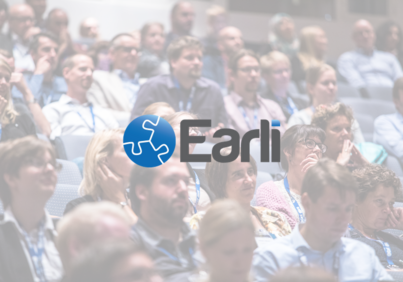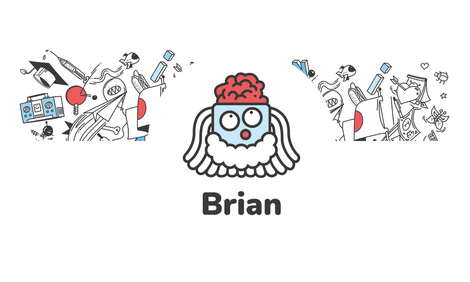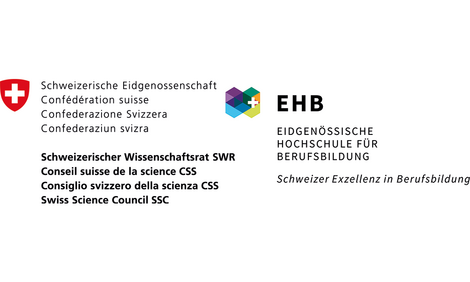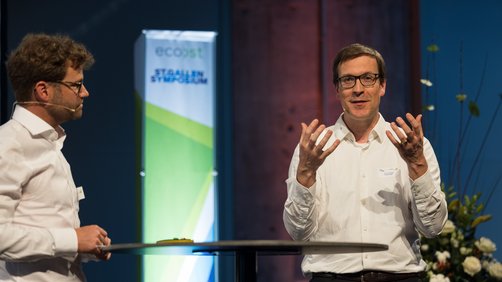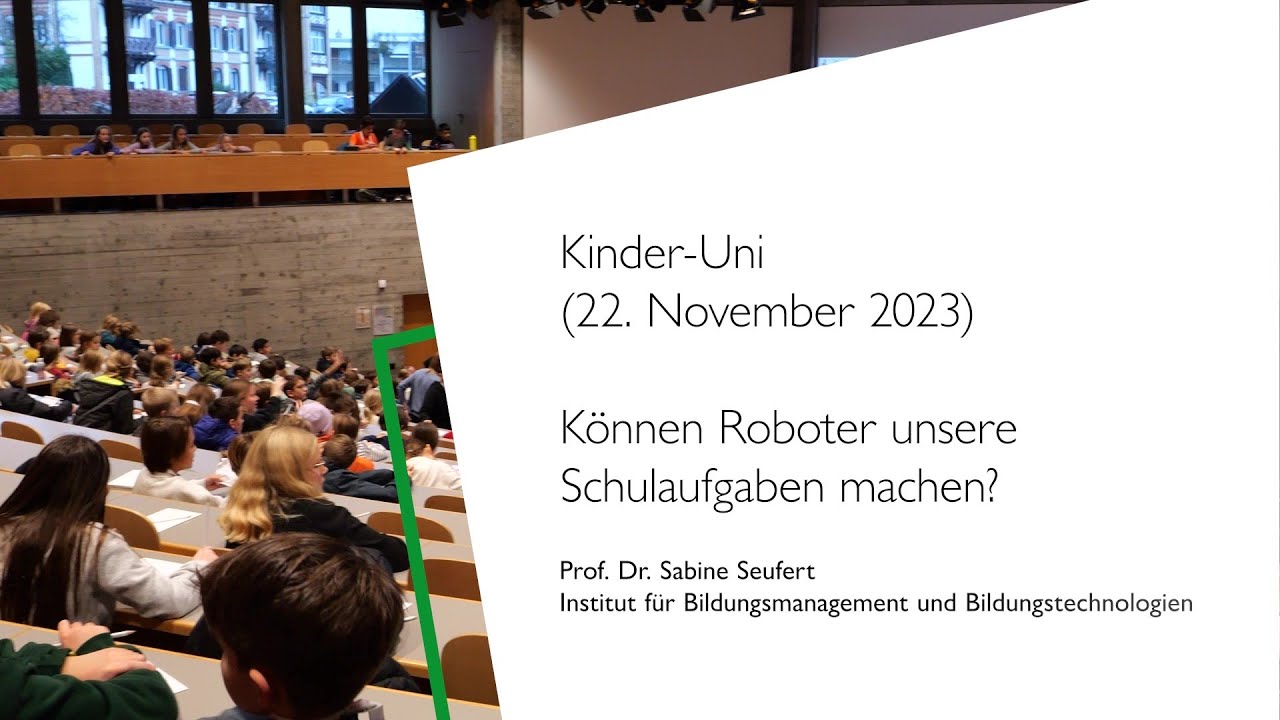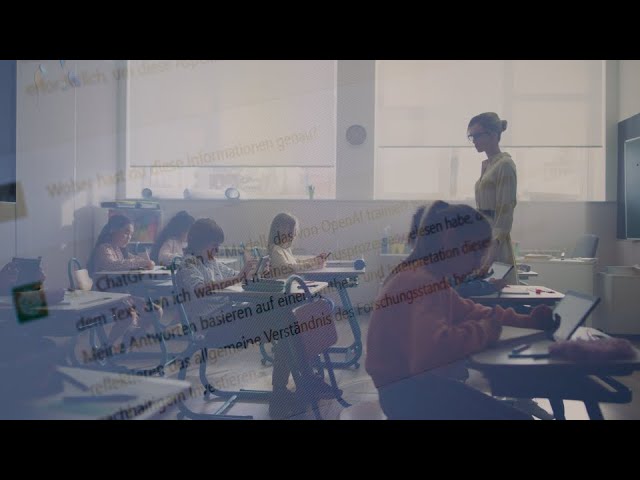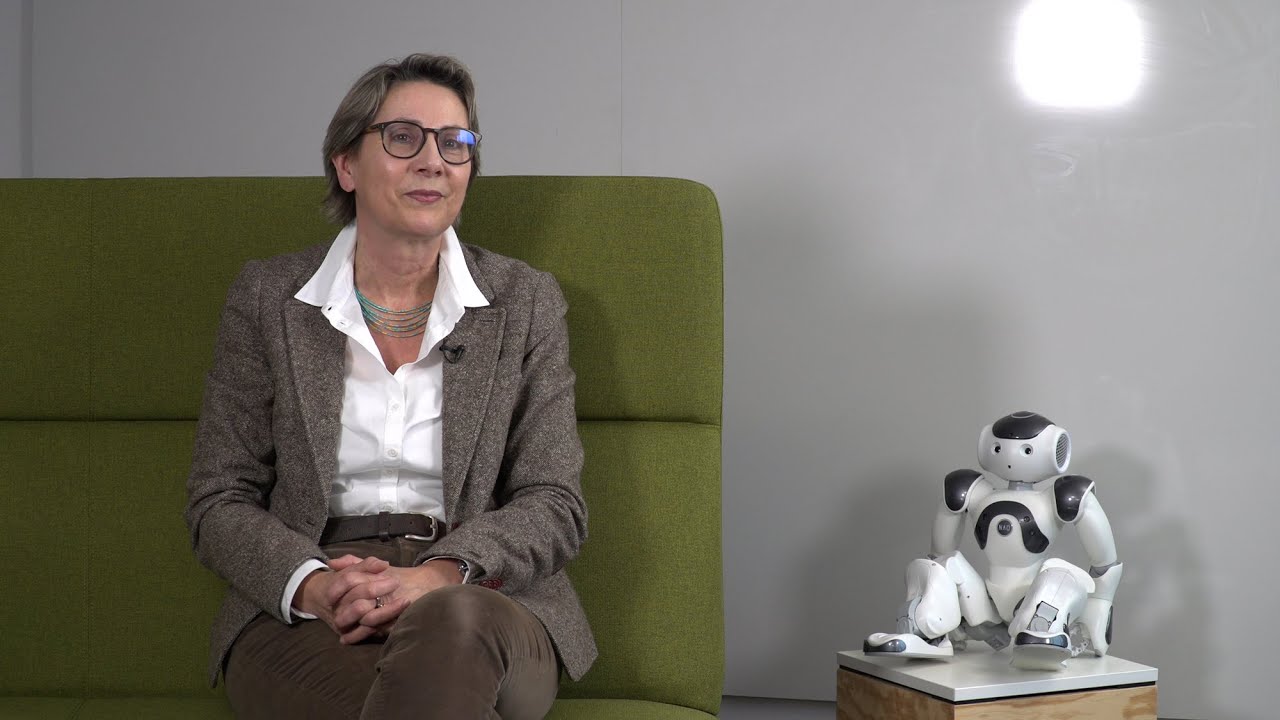Artificial Intelligence (AI) in education, digital transformation, digital competences and innovative educational concepts with AI and robotics are the thematic focal points of the institute. They form the basis for our activities in research, teaching and services. Dialogue and exchange with education practitioners as well as our students, future teachers, motivate us to shape the future of education systems in the age of AI.
